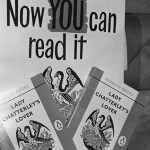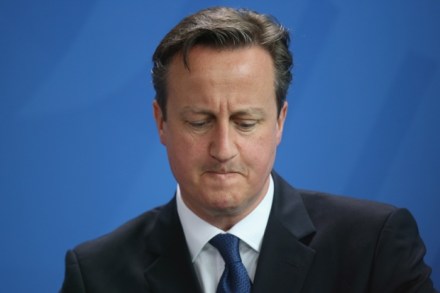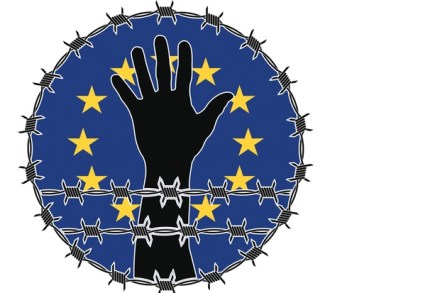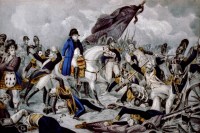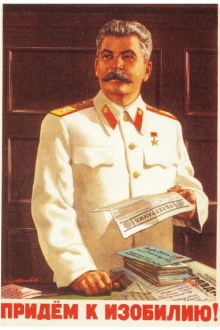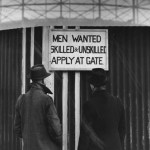Barometer | 25 June 2015
The spirit of 1945 No one would have been more surprised at the sight of 100,000 people marching in London under the banner ‘End Austerity Now’ and demanding ‘Tories Out’ than Sir Stafford Cripps, President of the Board of Trade and briefly Chancellor of the Exchequer in Attlee’s government. — Hard though it might be to remember now, but austerity was once a proud Labour policy. The rationale of the policy, devised by Cripps, was that by suppressing private consumption, resources could be spent instead on boosting exports. — Any anti-austerity march in 1947 would have been led by the Conservatives, whose slogans of the time included ‘Starve with Strachey’



